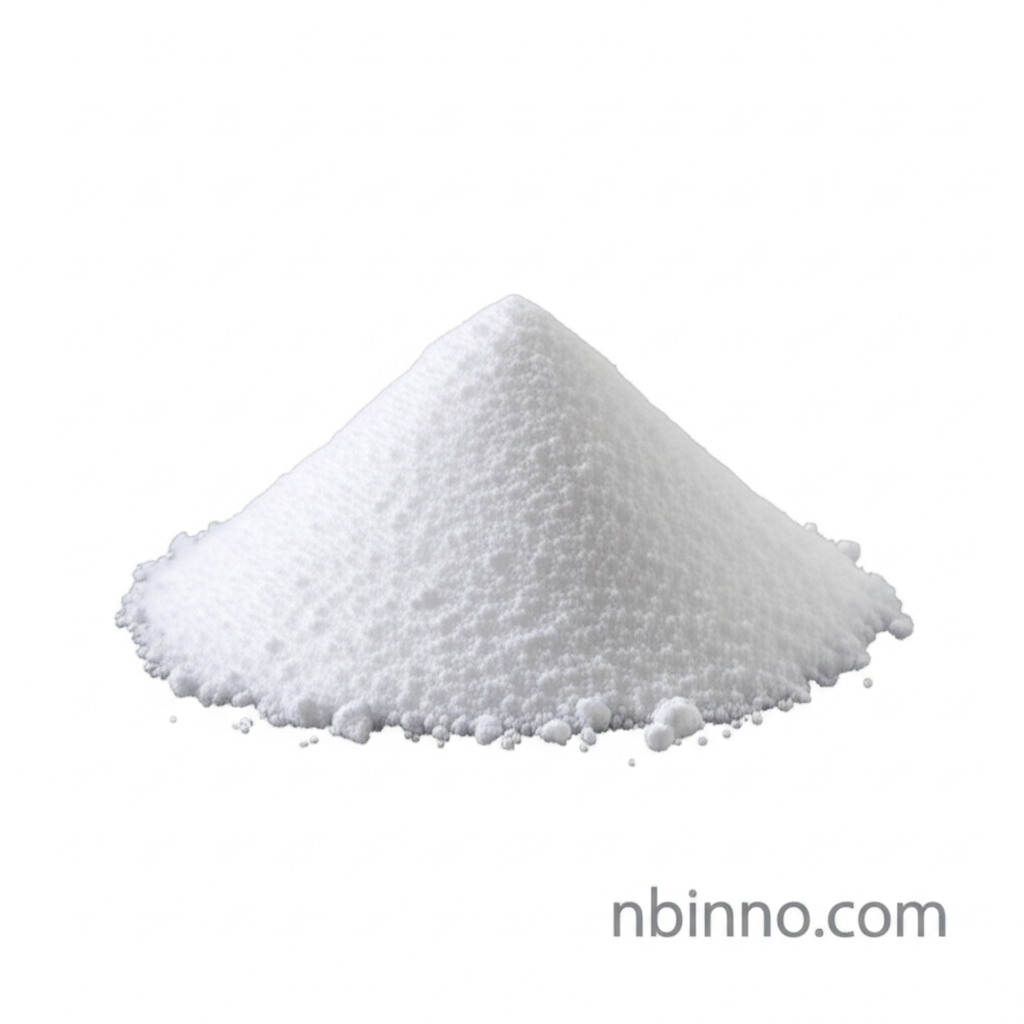Palmitoylethanolamide: A Natural Ally for Inflammation and Pain Relief
Discover the potent anti-inflammatory and neuroprotective benefits of this endogenous fatty acid amide.
Get a Quote & SampleProduct Core Value

Palmitoylethanolamide
Palmitoylethanolamide (PEA) is a naturally occurring fatty acid amide with significant anti-inflammatory, ant sensorial, neuroprotective, and anticonvulsant properties. It plays a crucial role in regulating pain and inflammation pathways within the body, offering a natural approach to managing chronic pain syndromes.
- Explore the Palmitoylethanolamide anti-inflammatory effects for chronic pain management, a key benefit for individuals suffering from persistent discomfort.
- Leverage the PEA neuroprotective properties to support nerve health and function, contributing to overall well-being.
- Understand the PEA mechanism of action, revealing how this endogenous fatty acid amide interacts with cellular receptors.
- Consider Palmitoylethanolamide as a vital pharmaceutical intermediate for both laboratory research and complex chemical development processes.
Key Advantages
Potent Anti-inflammatory Action
Benefit from Palmitoylethanolamide's ability to modulate inflammatory responses, offering relief from various inflammation conditions, a critical aspect of understanding its role in chronic pain.
Neuroprotection Support
Enhance neuronal health with PEA's neuroprotective capabilities, crucial for maintaining optimal nervous system function and resilience, as highlighted in research on PEA neuroprotective properties.
Versatile Intermediate
Utilize Palmitoylethanolamide as a high-purity pharmaceutical intermediate, essential for advancing your chemical and pharmaceutical research and development efforts.
Key Applications
Pain Management
PEA is extensively studied for its efficacy in managing various pain states, making Palmitoylethanolamide a significant compound in the field of chronic pain management.
Inflammation Modulation
Its inherent anti-inflammatory effects make it valuable for conditions characterized by excessive inflammation, supporting the understanding of PEA anti-inflammatory effects.
Neuroscience Research
As a pharmaceutical intermediate, PEA is vital for neuroscience research, particularly in exploring PEA neuroprotective properties and its mechanism of action.
Mental Health Support
Emerging research suggests PEA's potential role in supporting mood and reducing anxiety symptoms, contributing to its exploration for mental health applications.
